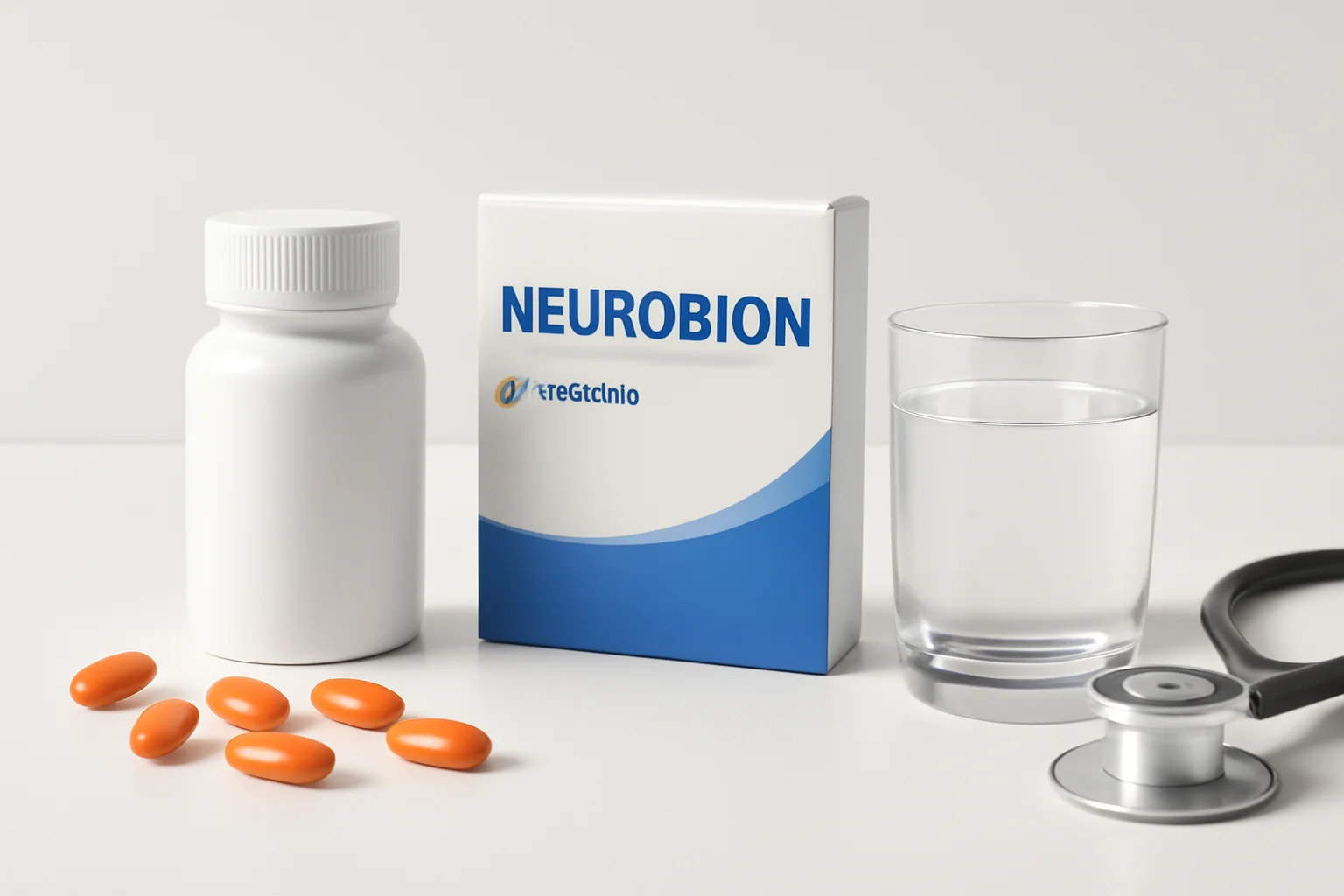
The Beneficial Effects of Tomatoes on Our Health and Skin
The tomato is one of the most popular vegetable varieties worldwide, not only because it is delicious but also because it is extremely nutritious. Rich in vitamins, minerals, and antioxidants, it is an integral part of our diet. The tomato is particularly popular in the Mediterranean diet, where its freshness and flavor, along with its health benefits, play a significant role. Different varieties, such as cherry or beefsteak tomatoes, offer various taste experiences and fit well into numerous dishes, ranging from salads to soups to various sauces.
In recent years, there has been an increasing focus on natural foods, and tomatoes are no exception. The nutrients and antioxidants found in tomatoes not only have a beneficial effect on our health but also on our skin. Numerous studies have shown that regular consumption of tomatoes can contribute to the prevention of various health problems and support the beauty of our skin. In this article, we will present the beneficial effects of tomatoes that should be considered when establishing a healthy lifestyle.
The Nutritional Profile of Tomatoes
Tomatoes are nutrient-rich vegetables that are an excellent source of vitamins, minerals, and antioxidants. Among the most important vitamins is vitamin C, which has strong antioxidant properties and helps strengthen the immune system. Vitamin C also contributes to collagen formation, which is essential for maintaining the elasticity and youthfulness of the skin.
In addition, tomatoes contain significant amounts of vitamin A, which helps improve vision and maintain skin health. Vitamin A also aids in skin regeneration, playing an important role in the treatment of skin issues such as acne and scars.
Tomatoes are also rich in minerals, such as potassium, which plays an important role in cardiovascular health. Potassium helps regulate blood pressure, thereby reducing the risk of heart disease. Other minerals, such as magnesium and phosphorus, are also found in tomatoes and contribute to maintaining our overall health.
The antioxidant called lycopene found in tomatoes is also of great importance. Lycopene is not only responsible for the red color of tomatoes but also comes with numerous health benefits. Research has shown that consuming lycopene can reduce the risk of heart disease and provide protection against certain types of cancer, such as prostate cancer.
The Health Benefits of Tomatoes
Regular consumption of tomatoes has numerous health benefits. One of the most important advantages is the prevention of cardiovascular diseases. The lycopene and other antioxidants found in tomatoes can help lower cholesterol levels and improve blood circulation, thereby reducing the risk of heart diseases such as heart attacks and strokes.
Additionally, the anti-inflammatory effects of tomatoes are well known. Regular consumption can contribute to the reduction of chronic inflammation, which is behind several diseases, including diabetes and arthritis. Antioxidants like vitamin C and lycopene help neutralize free radicals, which contributes to reducing inflammation.
Tomatoes also support the health of the digestive system. The fiber they contain helps regulate bowel movements, promoting healthy digestion and maintaining the balance of gut flora. Regular fiber consumption can help prevent constipation and reduce gastrointestinal problems.
The water content in tomatoes is also significant, contributing to hydration. Proper hydration is essential for maintaining healthy skin and proper metabolism. Therefore, consuming tomatoes is not only nutritious but also has a hydrating effect.
The Effects of Tomatoes on the Skin
The beneficial effects of tomatoes are not limited to our health; they also have an extremely positive impact on our skin. One of the key benefits is that the antioxidants found in tomatoes can help protect the skin from the harmful effects of free radicals. Free radicals are generated by environmental stressors such as sun exposure and pollution and can contribute to skin aging.
The vitamin C content in tomatoes also helps increase collagen production in the skin. Collagen is important for maintaining skin elasticity and reduces the appearance of wrinkles. Therefore, incorporating tomatoes into our diet is advisable for a youthful appearance.
The anti-inflammatory effects of tomatoes also positively affect the skin. They can help treat acne and other skin problems by reducing inflammation and redness. Additionally, the acids found in tomatoes, such as citric acid, can aid in the natural exfoliation of the skin, contributing to a smooth and healthy skin surface.
Applying tomatoes to the skin is also popular, as placing fresh tomato slices directly on the skin can help treat acne and improve skin tone. Tomato juice or masks can also be used, which hydrate the skin and help reduce skin blemishes.
How to Consume Tomatoes in Everyday Life
Tomatoes can be incorporated into the diet in many ways and pair well with almost any dish. They can be eaten fresh in salads, sandwiches, or even on their own. Tomatoes pair particularly well with Mediterranean dishes, such as bruschetta or caprese salad.
When cooking tomatoes, we can also preserve their nutrient content. Tomatoes can be used in sauces, soups, or even stews. During cooking, the bioavailability of lycopene increases, allowing us to further tap into the health benefits of tomatoes.
Canned tomatoes are also an excellent choice, especially in winter when fresh tomatoes are hard to find. Canned tomatoes can be used in numerous dishes and often retain the nutrients of fresh tomatoes.
It is important to always wash tomatoes thoroughly before consumption to remove dirt and pesticides. It is best to choose organic tomatoes, as they are treated with fewer chemicals.
It is advisable to consume tomatoes in a variety of ways to maximize their beneficial effects. Regular consumption of tomatoes positively affects not only our health but also our skin.
**Warning:** This article does not constitute medical advice. If you have health issues, be sure to consult your doctor or a healthcare professional.

